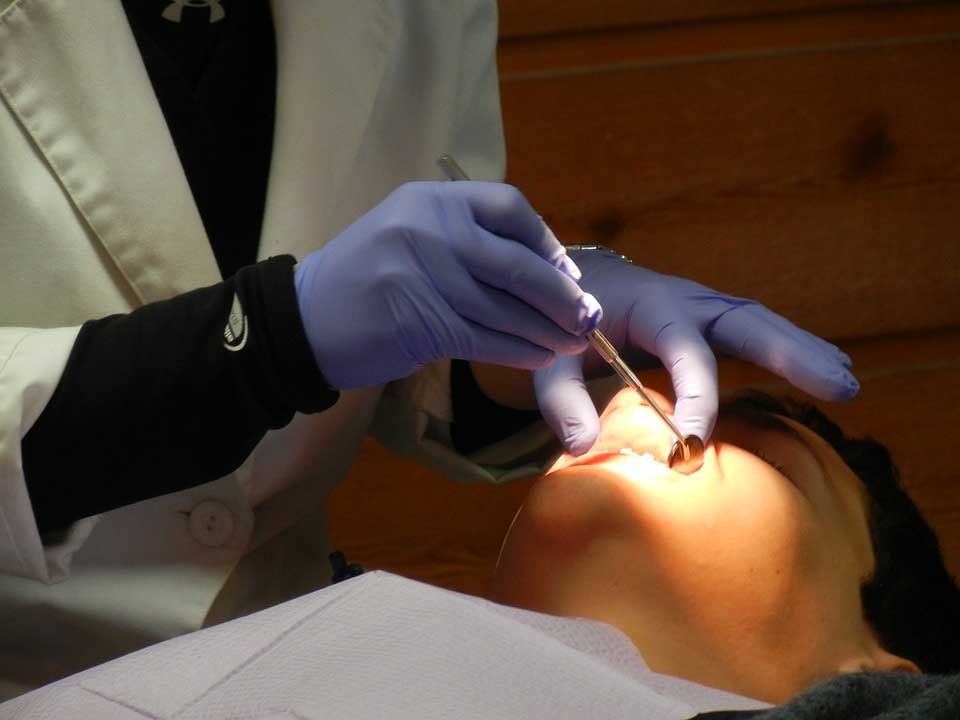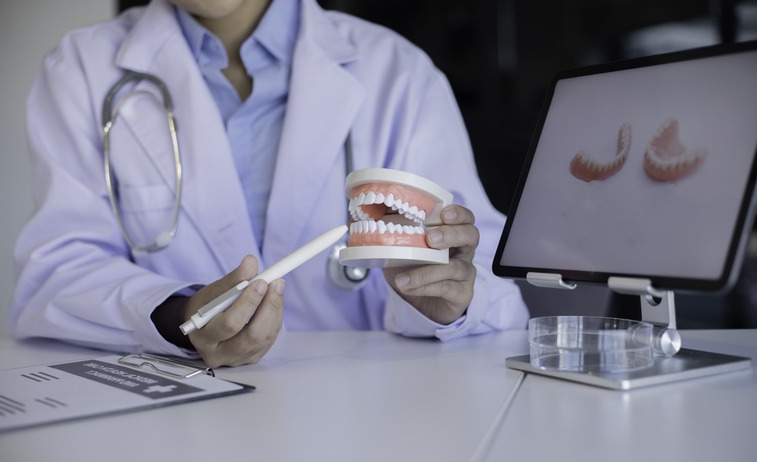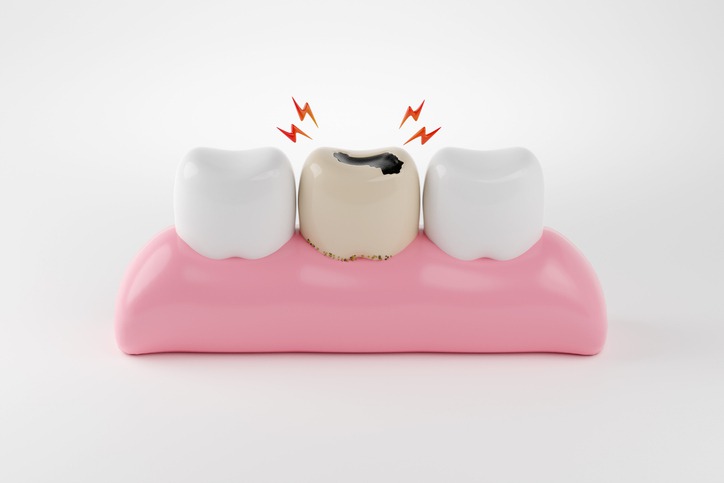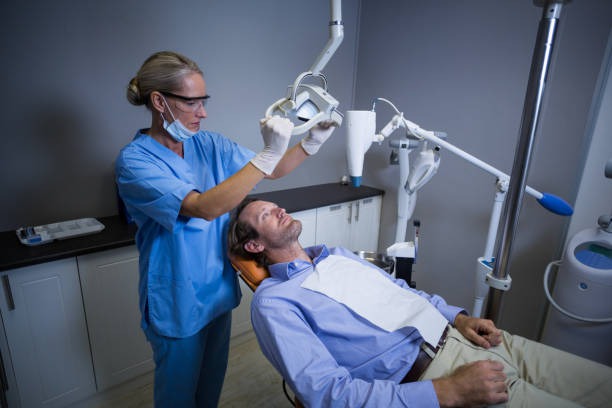
What Factors Affect Dental Implant Prices?
Digging deeper into the costs associated with dental implants doesn’t have to give you a headache. Whether you’re looking to enhance your smile or you’re a stickler for budgeting, understanding the elements that play into the price of dental implants can ensure you’re making informed choices. Plus, learning about these costs can save you from surprises when the bill arrives.
What Are Dental Implants?
Before looking at factors influencing the price, it’s essential to discuss what a dental implant actually is. A dental implant is a revolutionary remedy designed to replace missing teeth. It involves a surgical procedure where a metal post is inserted into the jawbone, to which a fake tooth, or crown, is attached. The result? A smile that looks and feels natural.
Determinants of Dental Implants Cost
When you learn about the cost of dental implants, you’ll often see a broad range in pricing. This is due to these various factors:
1. Number of Implants
The number of dental implants needed directly correlates with the overall cost. Whether you require a single implant, multiple implants for several missing teeth, or a full-mouth restoration with implants, the quantity of implants significantly impacts the total expense. Each implant placement involves precise surgical procedures, materials, and associated components, contributing to the overall cost.
2. Type of Implant
Dental implants come in various types, including endosteal and subperiosteal implants, each with its characteristics and costs. Endosteal implants, which are surgically placed into the jawbone, are the most common type and can be further categorized based on materials such as titanium or zirconia. The choice between these types and materials can affect both the initial cost and long-term durability of the implants.
Investing in dental implants is indeed about restoring function, but it’s also about self-esteem. Opting for implants for a confident smile can be life-changing, leading to newfound confidence and the freedom to eat, laugh, and talk without concerns.
3. Pre-Implant Procedures
Before receiving dental implants, some patients may require additional preparatory procedures to ensure optimal conditions for successful implantation. These may include bone grafting to augment insufficient bone volume, sinus lifts to increase bone height in the upper jaw, or ridge augmentation to enhance the shape and size of the jawbone. The need for such pre-implant surgeries adds to the overall treatment cost.
4. Location
The geographical location of the dental practice influences the cost of dental implants due to variations in overhead expenses, such as rent, utilities, and labor costs. Dental practices in urban areas or regions with a higher cost of living generally have higher fees than those in rural or less populated areas. Selecting top-rated dental services in Fairfield can mean a blend of quality care at prices that surprise you for the right reasons.
5. Dentist’s Experience and Expertise
The skill level and experience of the dentist performing the implant procedure can impact the cost. Dentists with advanced training, certifications, or extensive experience in implant dentistry may command higher fees for their expertise. However, choosing a qualified and experienced dentist is crucial for achieving optimal results and minimizing the risk of complications, making it a worthwhile investment.
6. Material Quality
The quality of materials used for dental implants and associated components can affect both the initial cost and long-term outcomes. High-quality materials, such as medical-grade titanium or advanced ceramics, often come with a higher price tag but offer superior biocompatibility, strength, and longevity. Investing in premium materials may result in more durable and aesthetically pleasing dental restorations, reducing the need for future repairs or replacements.
7. Additional Components
In addition to the implant fixtures themselves, various additional components may be required to complete the restoration, such as abutments, prosthetic crowns, bridges, or dentures. The type, material, and customization of these components can influence the overall cost of the implant treatment. For example, custom-made porcelain crowns or implant-supported overdentures may incur higher expenses compared to standard prefabricated options.
8. Insurance Coverage
Dental insurance coverage for implant treatment varies widely among insurance providers and individual policies. While some dental insurance plans may offer partial coverage for implants, others may categorize them as elective or cosmetic procedures, providing limited or no coverage at all.
Patients should carefully review their insurance policies, including any exclusions, limitations, or waiting periods related to implant coverage, to understand their potential out-of-pocket expenses.
9. Sedation and Anesthesia
Depending on the complexity of the implant procedure and individual patient preferences, sedation or anesthesia may be utilized to ensure comfort and relaxation during treatment. The type of sedation used, such as oral sedation, intravenous (IV) sedation, or general anesthesia, as well as the duration of sedation, can impact the overall cost. Additionally, the presence of a licensed anesthesiologist or certified nurse anesthetist may incur additional fees.
10. Technology and Diagnostic Tests
The use of advanced technology and diagnostic tests such as 3D imaging and computer-aided design/manufacturing (CAD/CAM) can influence dental implant costs. These technologies bring precision to the implant process, but they also come with a higher price tag.
Tips for Researching Dental Implant Costs
Researching dental implant costs can be essential for making informed decisions about your oral health care. Here are some additional tips to consider:
-
Compare Multiple Providers: Don’t settle for the first quote you receive. Consult with several dental offices to compare prices and services offered. This can help you gauge the average cost in your area and find a provider that fits your budget and needs.
-
Ask About All-Inclusive Packages: Some dental offices may offer all-inclusive packages for dental implant treatment, which may include the cost of implant surgery, restoration, follow-up visits, and any necessary pre-implant procedures. These packages can provide a comprehensive overview of the total cost upfront, simplifying the financial planning process.
-
Inquire About Warranty or Guarantee: Find out if the dental implants or restorations come with a warranty or guarantee against defects or failures. Understanding the terms and duration of any warranty can provide peace of mind and potentially save you money on future repairs or replacements.
-
Research Patient Reviews and Testimonials: Reading reviews and testimonials from past patients can provide valuable insights into the quality of care and outcomes offered by different dental providers. Look for reviews specifically related to dental implant treatments to gauge patient satisfaction and experiences.
-
Consider Traveling for Treatment: Depending on your location and budget, it may be worthwhile to explore dental tourism options for dental implant treatment. Traveling to countries with lower healthcare costs can potentially offer significant savings without compromising quality or safety. However, thoroughly research the credentials and reputation of overseas dental clinics before making any commitments.
Final Thoughts
While shopping for affordability is important, the quality of care should stay intact. By discussing options with your dentist and possibly even considering multiple locations, you can find a solution that brings a smile to your face in more ways than one. Keep in mind that a beautiful and functional set of teeth is not just an aesthetic enhancement. It’s an investment in your health, well-being, and the quality of your life. So, take the time to research, ask questions, and explore your options.















































